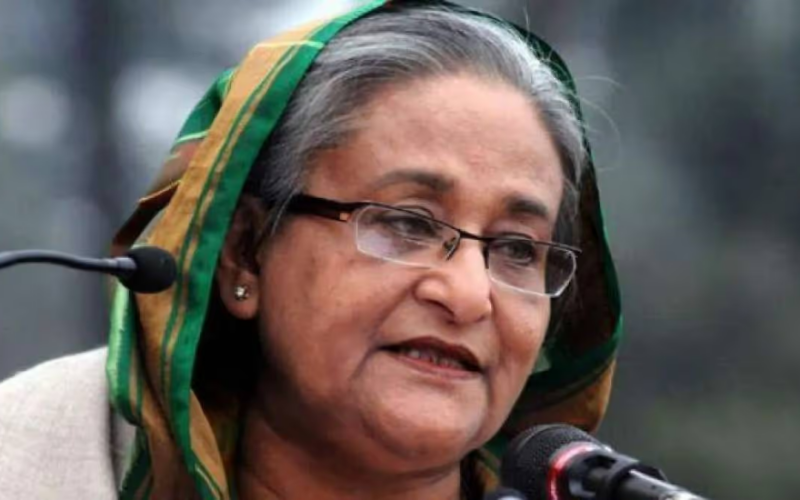As Bangladesh transitions away from Sheikh Hasina’s prolonged leadership, journalists in the country are cautiously optimistic about the future of press freedom. With Hasina’s resignation and the interim government taking charge, there is a renewed hope that the era of censorship, intimidation, and fear will come to an end.
Under Hasina’s 15-year rule, Bangladeshi journalists faced an environment rife with oppression. Security forces frequently targeted reporters with arrests, abuse, and forced disappearances, stifling their ability to report freely. The government’s harsh measures, including draconian laws like the Digital Security Act, effectively curtailed freedom of expression, with media outlets often self-censoring to avoid severe repercussions.
Zafar Sobhan, editor of the Dhaka Tribune, expressed a sense of relief at the end of Hasina’s rule. “The departure of a repressive government is a significant milestone,” Sobhan noted. During the early years of Hasina’s tenure, press freedoms were relatively respected. However, following the opposition’s boycott of the 2014 elections, the situation deteriorated drastically. Sobhan recounted the challenges his team faced, including fears of attacks and legal threats, which made it increasingly difficult to report on pressing issues.
The Digital Security Act, enacted in 2018, was particularly controversial. Critics condemned its vague provisions, which allowed for the suppression of dissent under the guise of maintaining national security. Reports from the Centre for Governance Studies highlighted that thousands of cases were filed under this act, with many journalists facing severe penalties for their reporting. Despite its replacement by the Cybersecurity Act last year, concerns about its similarity to the previous law remain.
Amnesty International has called on the new interim government to repeal such restrictive laws and promote a culture of open expression. Taqbir Huda, a regional researcher at Amnesty, emphasized the need for reforms to ensure that freedom of expression is protected and that the rights of journalists are upheld.
Journalists like Muktadir Rashid, who faced threats and violence during Hasina’s regime, are hopeful but cautious. Rashid, who had to leave the country temporarily due to safety concerns, is eager for a more open and secure environment for journalism. “It’s a transition period,” he said. “We need to see stability and genuine freedom before we can fully embrace the changes.”
The press freedom group Reporters Without Borders has ranked Bangladesh as one of the worst countries for press freedom. The recent violence during student protests further underscored the risks faced by journalists, with media blackouts and attacks on reporters becoming alarmingly common.
In this moment of transition, reporters like Sumon Chowdhury from Barisal are determined to hold the new government accountable and ensure that the hard-won freedoms are not reversed. Chowdhury acknowledges the current uncertainties but remains hopeful that the journalistic community will remain vigilant and united.
The end of Sheikh Hasina’s administration represents a crucial opportunity for Bangladesh to rebuild its press freedom landscape. By dismantling oppressive systems and fostering an environment where journalism can thrive without fear, the interim government has the chance to set a new standard for media freedom in the country. For Bangladeshi journalists, the promise of a freer press is a beacon of hope, signaling the potential for a more transparent and accountable government.








